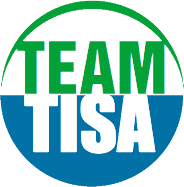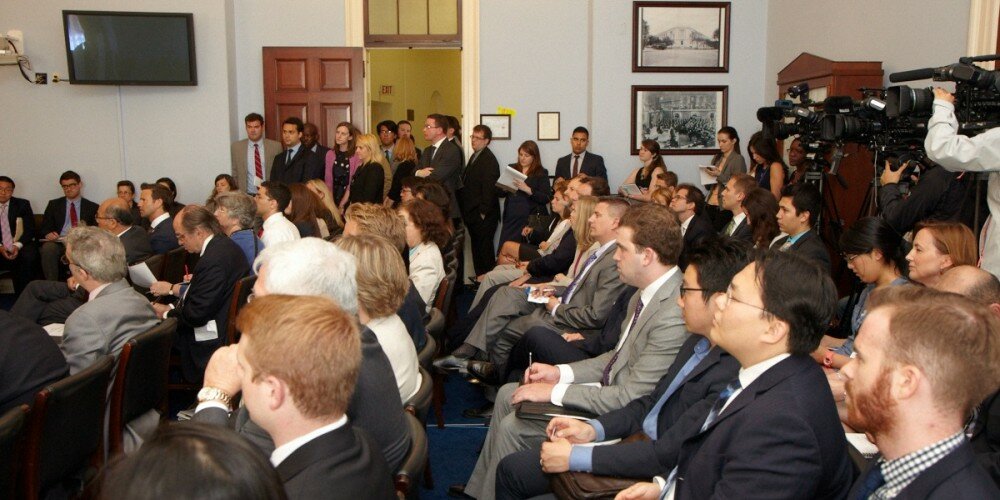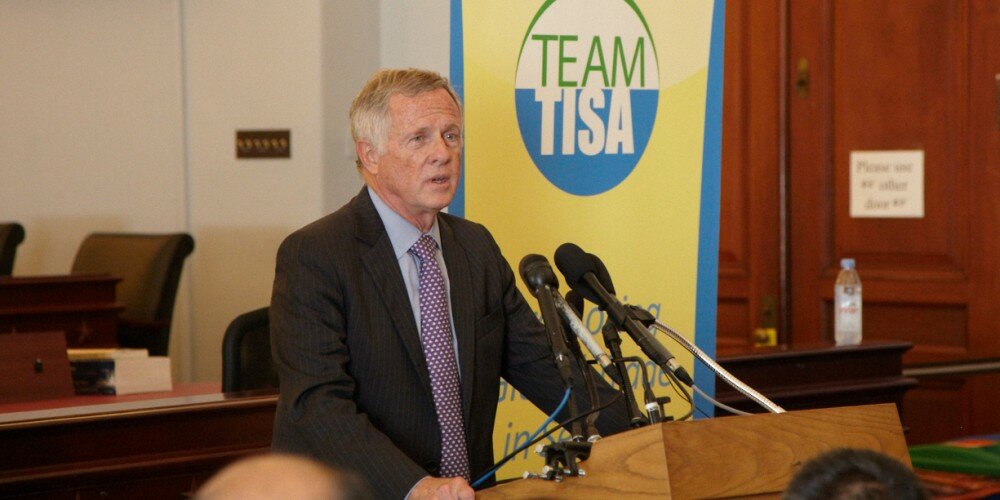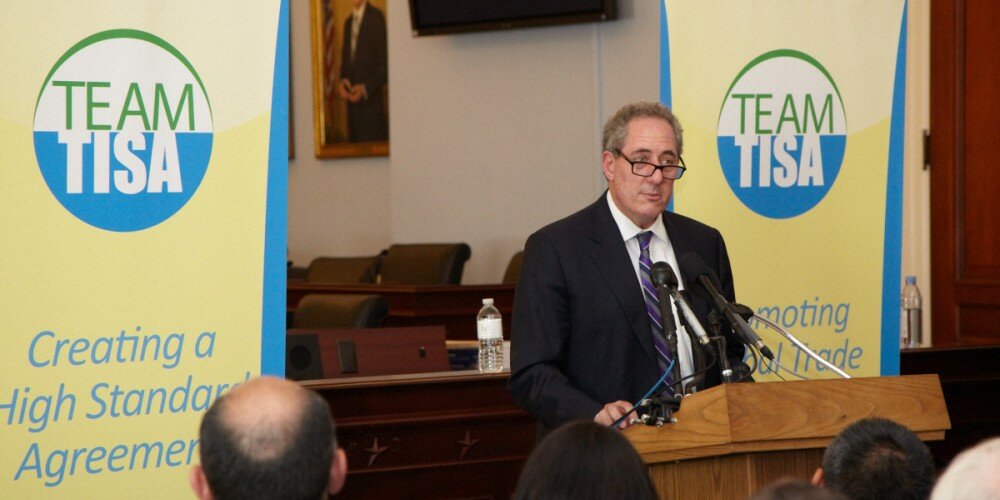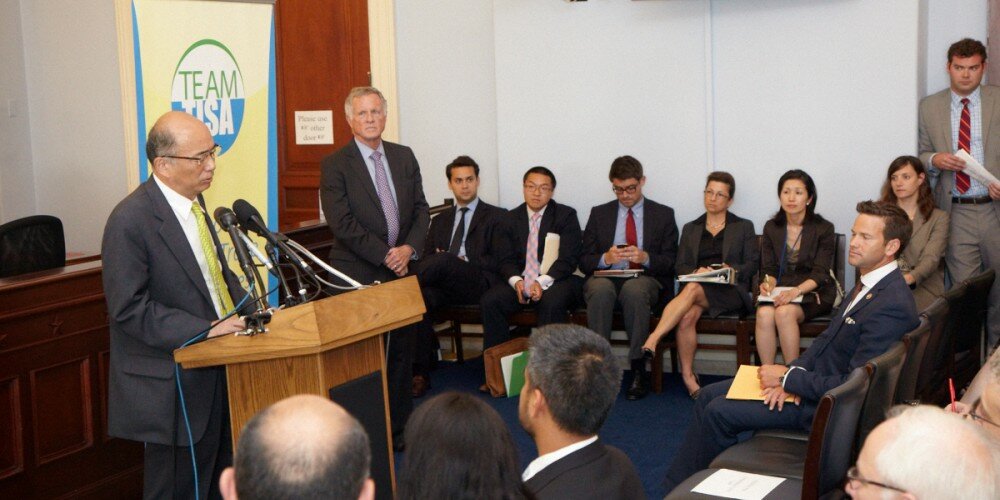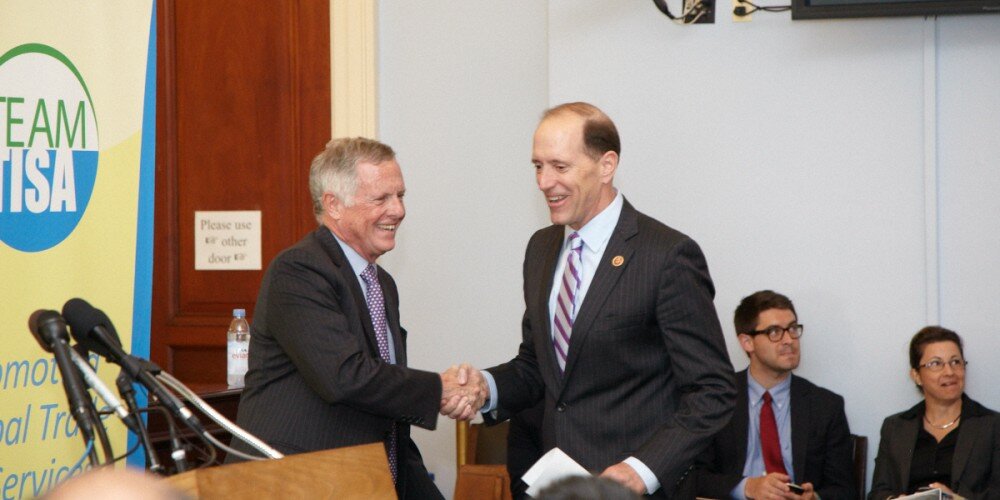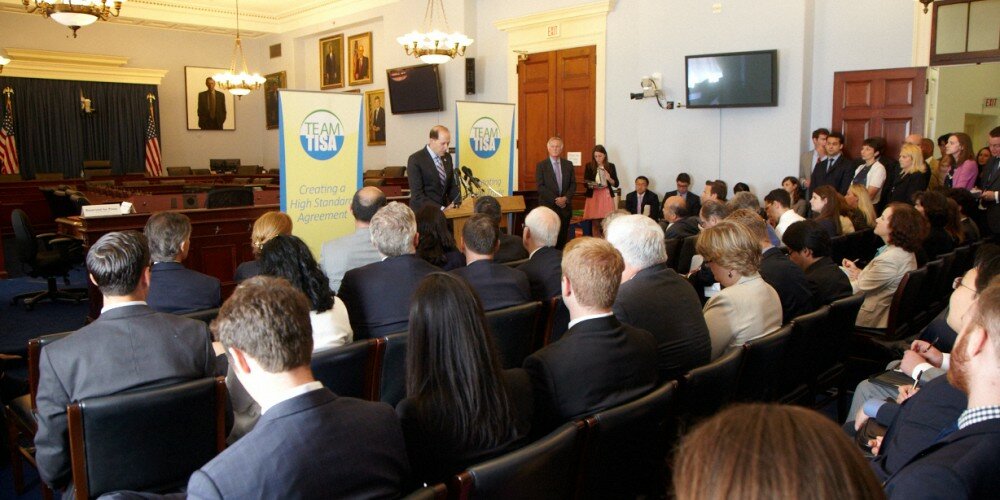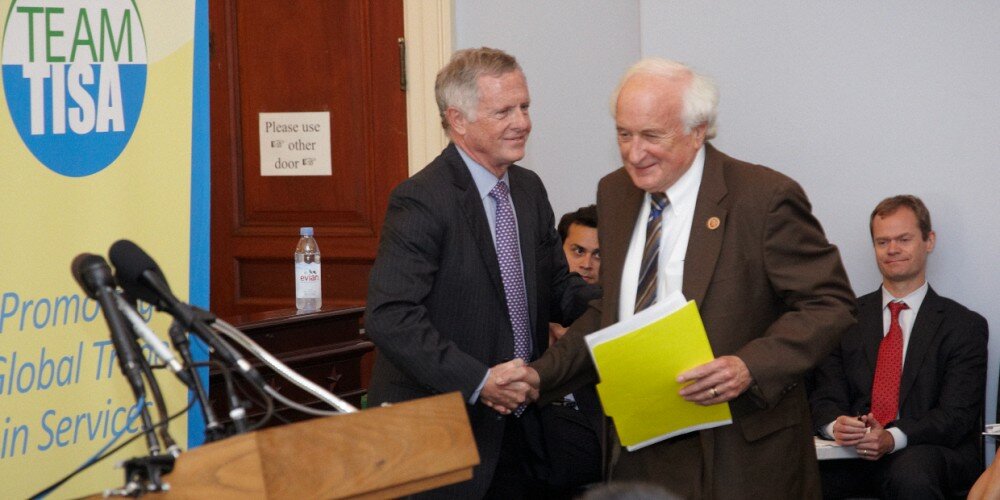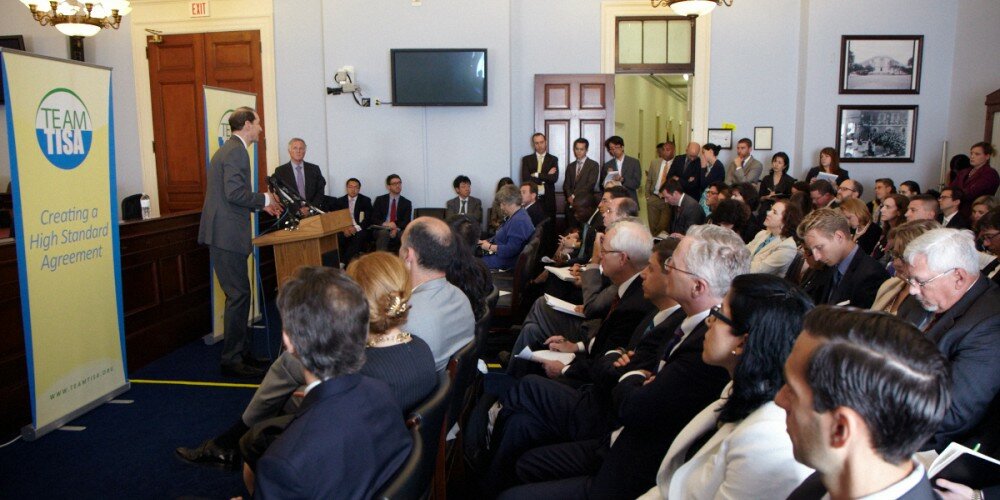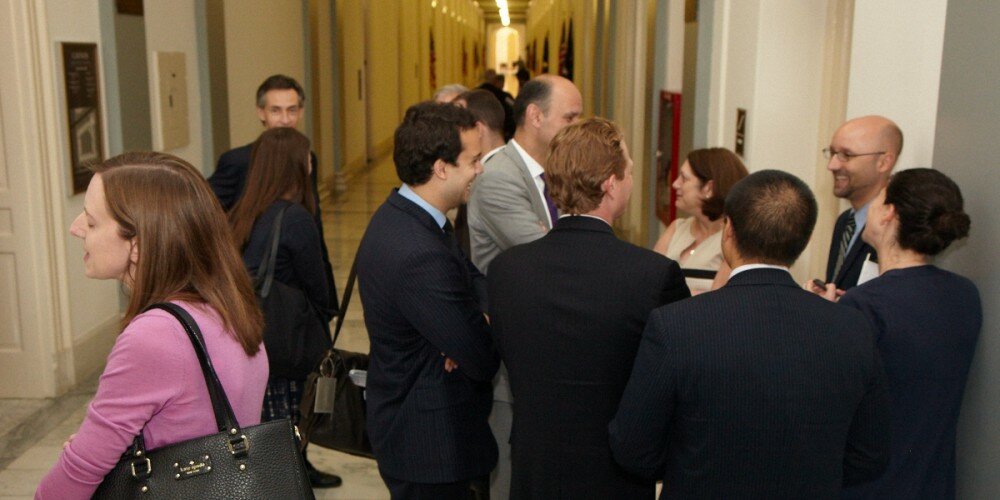Written by Olivia . Posted in Uncategorised
What are state-owned enterprises?
State-owned enterprises (SOEs) are businesses that operate commercially, but are owned by the government. Government-owned business can often be found in industries such as transportation and telecommunication.
Why are state-owned enterprises significant?
State-owned enterprises have grown to claim a substantial share of GDP and market capitalization in many countries around the world. In Finland, for example, the assets of SOEs represent 80% of GDP and in China SOEs constitute 70% of market capitalization. SOEs typically exist in sectors which influence a large part of the population: energy, communications, finance, and utilities. The most well-known type of SOE is one where the state itself controls the firm directly or through majority shareholding. But SOEs where the state exercises indirect control by holding minority shares in holding companies, or by providing loans to a firm through state-owned banks and funds, also exist.
What problems are associated with state-owned enterprises?
While SOEs can provide valuable goods and services to the public, they may obtain special privileges through their government connections. These privileges are of concern to both domestic and foreign businesses since they may give SOEs an unfair competitive advantage in trade and commerce. These benefits include:
-
Subsidies
- SOEs can receive subsidies from their patron governments, either directly or indirectly (such as tax exemptions). These subsidies allow them artificially lower their costs, allowing them to price goods and services lower than competitors.
-
Preferential Treatment
- SOEs may be exempt from certain regulations which affect private companies, such as disclosure requirements, or building and zoning regulations.
- SOEs may receive credit at a lower interest rate than their competitors.
- SOEs may be the beneficiary of favorable bankruptcy rules.
-
Monopoly Rights
- Governments may give certain SOEs monopoly rights over some services, including utilities, the postal service, or other broad-based services.
-
Information Asymmetry
- SOEs may have access to data and information that their private competitors do not have.
-
Captive Equity
- SOE ownership is not easily transferred, as is the case with privately-owned firms.
- SOEs do not have to worry about paying dividends to shareholders or stock prices. Thus, they may take on more risk or operate less efficiently.
How will TiSA's regulations on state-owned enterprises affect the service industry?
The TiSA negotiations provide an opportunity for countries to agree on standards limiting unfair competition by SOEs. For example, regulations could be included that prevent SOEs from being granted extra benefits from governments, such as preferential financing, when doing business. SOEs could also be subject to all of the disciplines that govern the entities that own them.
Completing the TiSA negotiations would greatly enhance the ability of businesses worldwide, especially small and medium-sized businesses, to compete with the growing power of SOEs in international trade. The benefits of this increased competition, including more commercial options and competitive pricing, would benefit consumers in many countries around the world.
Print
